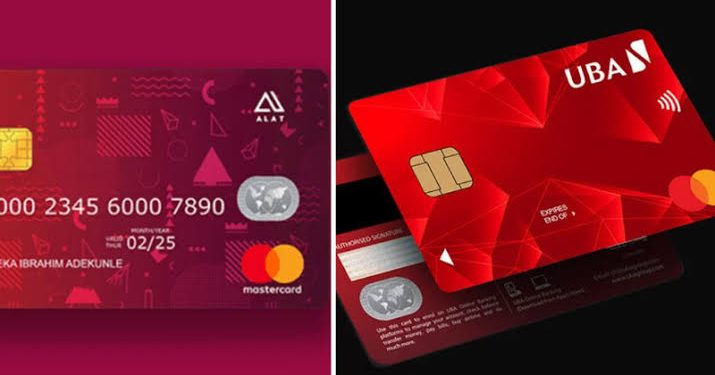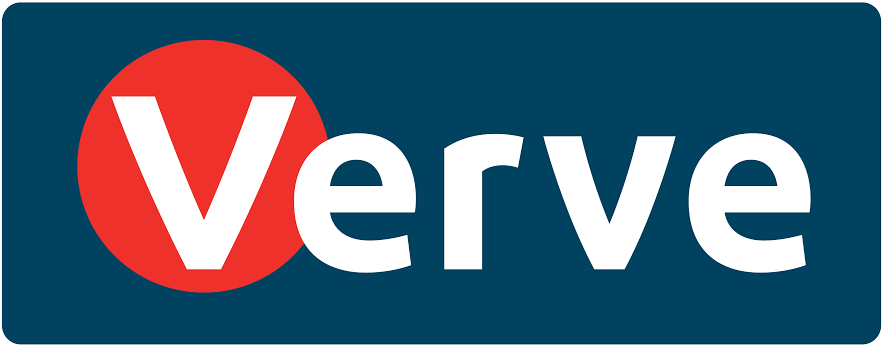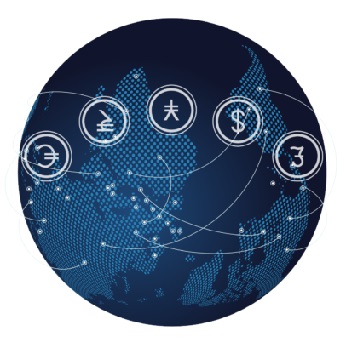After nearly three years of restrictions, Nigerian commercial banks have resumed international transactions on naira-denominated debit cards, marking a significant shift driven by improved dollar liquidity in the economy.
United Bank for Africa (UBA) and Wema Bank have both confirmed the reactivation of international payment services on their naira cards. In separate messages to customers, both banks announced that their naira debit cards can now be used for payments and withdrawals abroad.
This move reverses a 2020-era decision by many Nigerian banks to suspend international transactions on naira cards due to a severe shortage of foreign exchange, which made it difficult to settle foreign payments. During that period, only dollar-funded cards tied to domiciliary accounts were allowed to function abroad.
The renewed confidence by banks follows a sustained rise in forex inflows into Nigeria. Data shows that monthly foreign exchange inflows averaged $5.96 billion since May 2025, with May alone seeing a 62 percent increase in inflows compared to April. Analysts attribute this improvement to a combination of rising global oil prices and proactive measures by the Central Bank of Nigeria (CBN) to diversify and simplify FX channels.
The CBN’s recent reforms have included granting new licenses to International Money Transfer Operators (IMTOs), enabling the willing buyer-willing seller FX model, and improving diaspora remittance processes. These steps have helped stabilize the naira and improve access to forex, especially for manufacturers and retail users.
UBA, in a customer notice, said all its premium naira cards—Gold, Platinum, and World variants—are now fully enabled for international transactions, including online shopping, point-of-sale payments, and ATM withdrawals.
“If you haven’t used your card recently, now’s a great time to rediscover the convenience and prestige that comes with being a UBA premium cardholder,” the bank stated.
Wema Bank also informed customers that they can now pay in dollars with their naira Mastercards on popular global platforms like Amazon, AliExpress, Netflix, and Spotify.
The move has been welcomed by analysts, who say it reflects the banks’ confidence in the recovering FX market. According to Agusto & Co’s Head of Financial Institutions Ratings, the narrowing gap between official and parallel market rates and the reduced opportunities for arbitrage have helped create a more stable environment for international card usage.
Historically, banks such as Stanbic IBTC, Access Bank, Standard Chartered Bank, GTBank, and others have frequently adjusted or suspended naira card usage abroad due to forex scarcity. The current development allows cardholders, especially travelers, to once again pay hotel bills, book services, and shop globally using their regular naira debit cards.
This shift signals a broader improvement in Nigeria’s financial system, as macroeconomic reforms begin to ease long-standing forex challenges and restore confidence in the banking sector.










